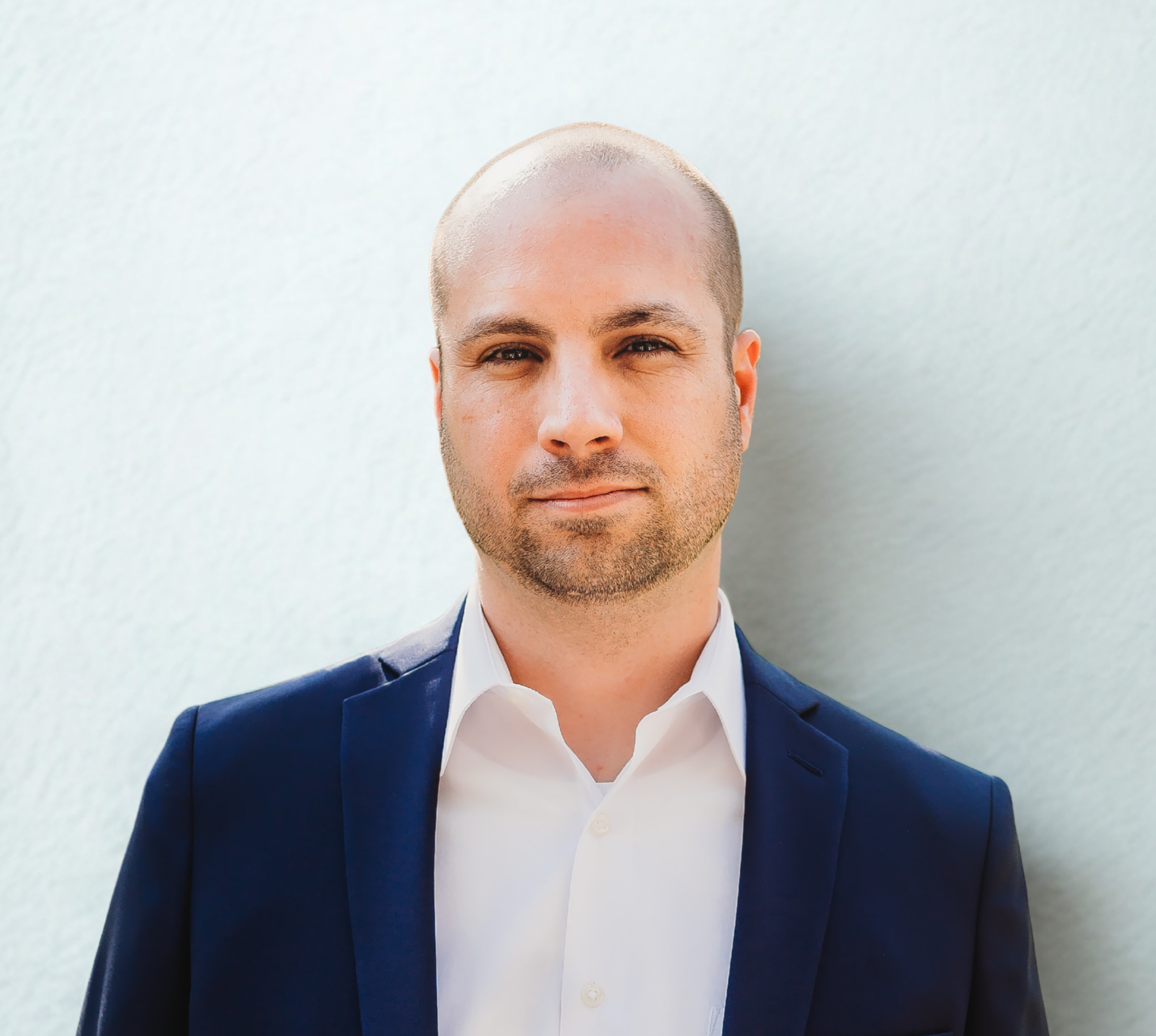Lincoln's New Birth of Freedom at Gettysburg
- Joshua Claybourn

- Oct 30, 2025
- 2 min read
By Joshua Claybourn
Oct. 30, 2025
On Nov. 19, 1863, Abraham Lincoln stood on a Pennsylvania battlefield still scarred by war. Only four months earlier, Union forces had turned back Robert E. Lee’s army in the three-day clash at Gettysburg. Now the ground was consecrated as a cemetery, and Lincoln was asked to offer “a few appropriate remarks.”

What he delivered in less than three minutes became one of the most enduring speeches in American history. Rather than dwell on military valor or political details, Lincoln looked back to the nation’s founding. “Four score and seven years ago,” he began, calling his listeners not to 1787 and the Constitution, but to 1776 and the Declaration of Independence. In doing so, he made Jefferson’s claim that “all men are created equal” the true birth certificate of the United States.
The war, he told the crowd, was a test of whether a nation “conceived in liberty, and dedicated to the “proposition that all men are created equal” could endure. By framing the conflict this way, Lincoln gave it moral purpose. The blood shed at Gettysburg was not only for Union, but for equality.
His closing words pointed forward: “that this nation, under God, shall have a new birth of freedom -- and that government of the people, by the people, for the people, shall not perish from the earth.” With that sentence, Lincoln bound the survival of democracy itself to America’s fidelity to its founding creed.
The Gettysburg Address is striking for its brevity. At just 272 words, it reshaped the nation’s understanding of itself. Lincoln transformed a memorial into a rededication. He reminded Americans that the Declaration was not an artifact but a living promise -- that equality and self-government must be renewed in every generation.



Comments